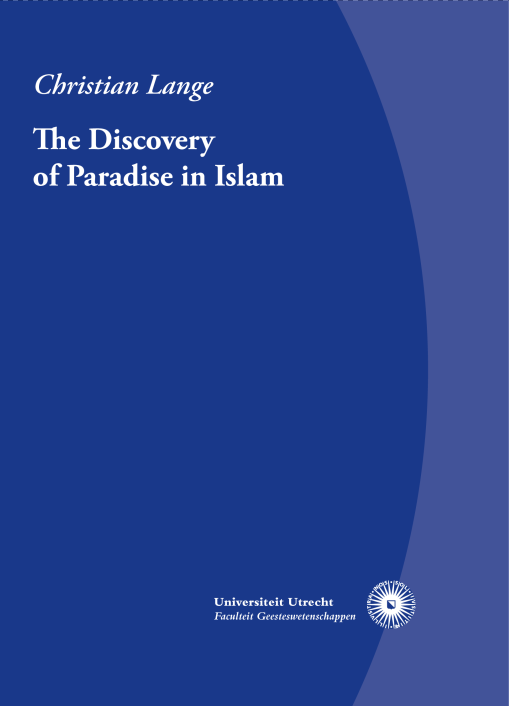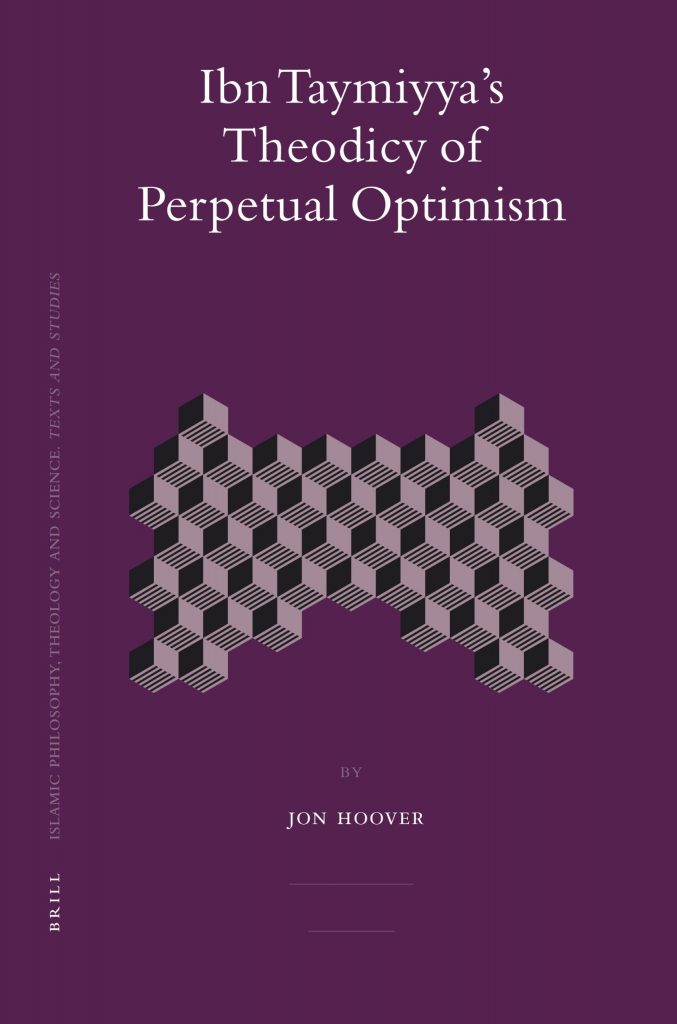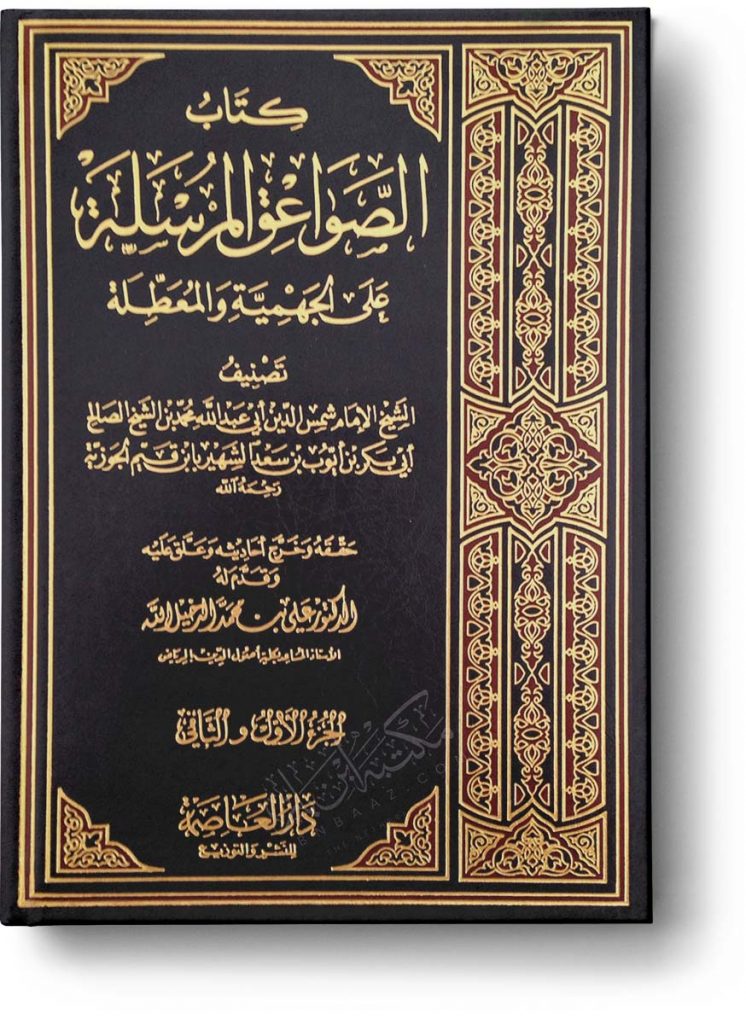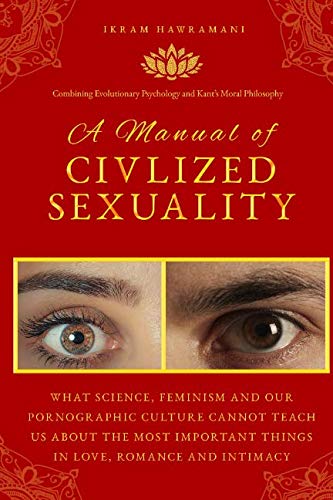
A review of Christian Lange’s inaugural lecture “The Discovery of Paradise in Islam” at the University of Utrecht.1

In his lecture, Lange refers to four unique aspects of the Quranic treatment of Paradise:
- Paradise is not created at the end of time. It already exists.
- Paradise is not in a separate realm or dimension; it is co-extensive with our world.
- The nature of Paradise overlaps with the nature of our world (its architecture and material qualities). Rather than this being a result of a primitive Bedouin’s imagination, Lange argues that this is a deliberate strategy meant to stress the overlap between this world and the hereafter.
- The Quran intentionally blurs the division between this world and Paradise, preferring to speak of it as if it is something here and now, within reach.
During the apocalypse, the Quran suggests that Paradise and Hell collapse into our world. It is not a merging of two realities. It is just a reshuffling of space. Paradise is already there, waiting until the time it is brought near by God. We do not have to be flown into a different reality to enter Paradise; our world, as it exists, will simply open up and merge with Paradise and Hell.
The Quran’s sensual Paradise has been criticized for its apparent celebration of base human desires; food and sensual pleasure appear to be the most important things in it. Lange says:
The sensuality of the Qurʾānic paradise does not result, in other words, from a bedouin’s vision of a decadent life filled with wine, women and poetry. Rather, it evokes an ideal, a perfectly structured and ideally harmonious world, a world that humans, in the happiest moments of their life, can already see before them.
The Quran, therefore, does not try to suggest a separation between our physical realm and the spiritual realm. They co-exist side by side, within the same reality and the same universe. The pleasures of this life are a taste of Paradise:
Say, “Who forbade God’s finery which He has produced for His servants, and the delights of livelihood?” Say, “They are for those who believe, in this present world, but exclusively theirs on the Day of Resurrection.” We thus detail the revelations for people who know.
The Quran, verse 7:32.
The Quran tells us that since all humans wish for a continuation of the best pleasures they enjoy in this world, it is only wise and rational for them to work toward Paradise. A day will come when the sky will open up and Paradise and Hell will crash in around us. On that day, those who took the wise choice will walk from the bliss of this world into a similar, but better, bliss–continuous and everlasting.
The Quran’s structure has been criticized for its apparent disorganization. Western critics see this as a result of the clumsy process of authorship and collation that took place during after the death of the Prophet PBUH. But Christian Lange disagrees, preferring to see the organization of the Quran as a unique literary accomplishment. He quotes Seyyed Hossein Nasr, who says:
The text of the Qurʾān reveals human language crushed by the power of the Divine Word… as if human language were scattered into a thousand fragments like a wave scattered into drops against the rocks at sea.
He goes on to quote Norman O. Brown (d. 2002), the American scholar of literature:
In consequence, what the recipient of the Qurʾānic experiences is a “totum simul, simultaneous totality: the whole in every part.”
Brown says that the Quran, like Jame Joyce’s Finnegans Wake, is
dumbfounding. Leaving us wonderstruck as a thunder, yunder. Well, all be dumbed! The destruction or the deconstruction of human language. It’s the Qur’an, it’s Joycean defiant exultation and incomprehensibility.
I agree with Lange that the Quran is not as incomprehensible as Brown seems to suggest. But the comparison with Jame Joyce is extremely helpful for Western readers wishing to understand the Quran.
To use a programming metaphor from Paul Graham, the Quran is not written in Arabic, it is written into Arabic. It is as if it is written by someone who knows all there is to know about Arabic, and about other languages, and who then feels free to do whatever he likes to Arabic, considering it a mere tool for expressing himself, rather than a defining framework for expression. The Arabic language is turned into a plaything. Rather than living up to our expectations of what Arabic prose should like, it constantly defies it and does its own thing.
I would say a good clue to the nature of the Quran is its name al-qurʾān, which means “the recitation”. The Quran is meant to be experienced. Like a symphony, every part of it is designed to create a certain state in the listener, while always reminding that listener, through its thematic background, that they are listening to this specific symphony. The Quran is not a history or an informational text, it is a carrier of an experience that is meant to shatter the listener’s understanding and experience of reality to reorder it and color it with the pigment of God.
If they believe in the same as you have believed in, then they have been guided. But if they turn away, then they are in schism. God will protect you against them; for He is the Hearer, the Knower.
The pigment of God. And who gives a better pigment than God? “And we are devoted to Him.”
The Quran, verses 2:137-138.
The Quran is a divine intervention in a world that shows us the smallness of our perspectives and understanding. And by taking us into a new realm of experience that no human could have created, it calls us to admit its divine origin and to humbly submit to its demands.
God has sent down the best of speech: A Scripture consistent and paired. The skins of those who reverence their Lord shiver from it, then their skins and their hearts soften up to the remembrance of God. Such is God’s guidance; He guides with it whomever He wills. But whomever God leaves astray, for him there is no guide.
The Quran, verse 39:23.
In conclusion, Lange displays a wonderfully sophisticated understanding of the Quran. He shows us how far Western Islamic studies has come.




